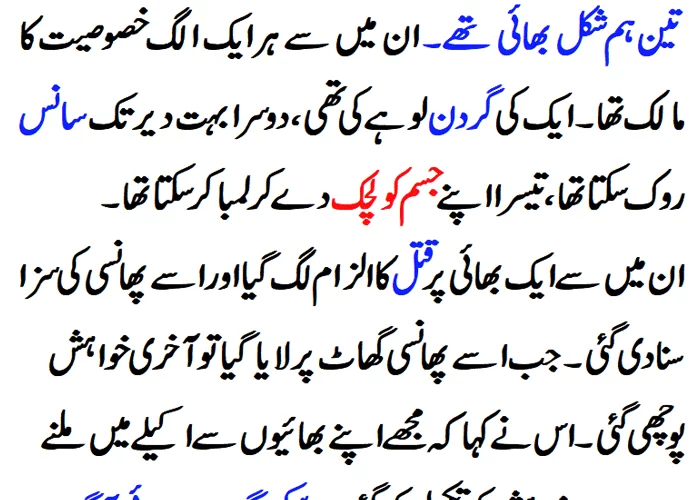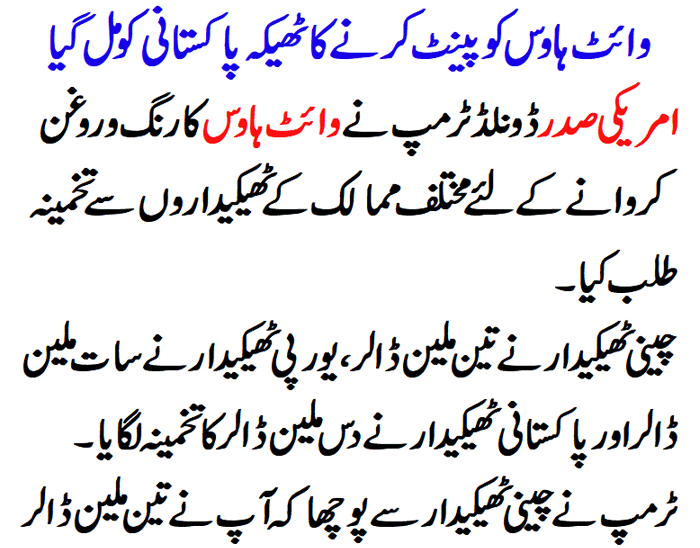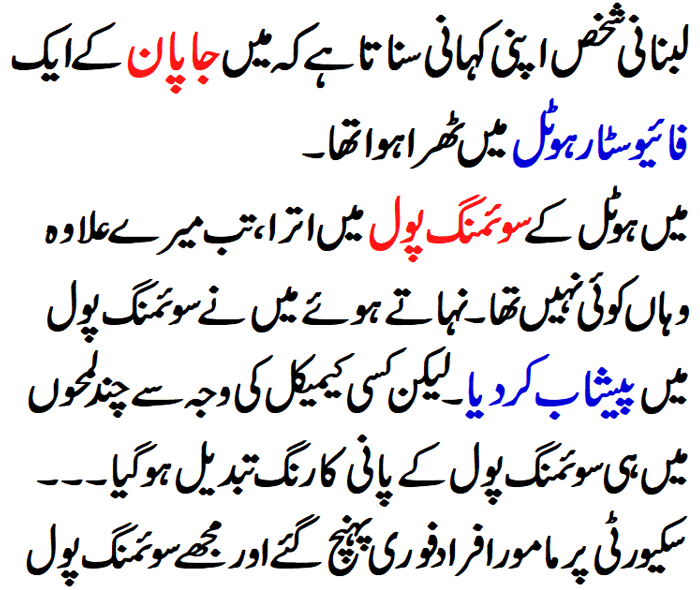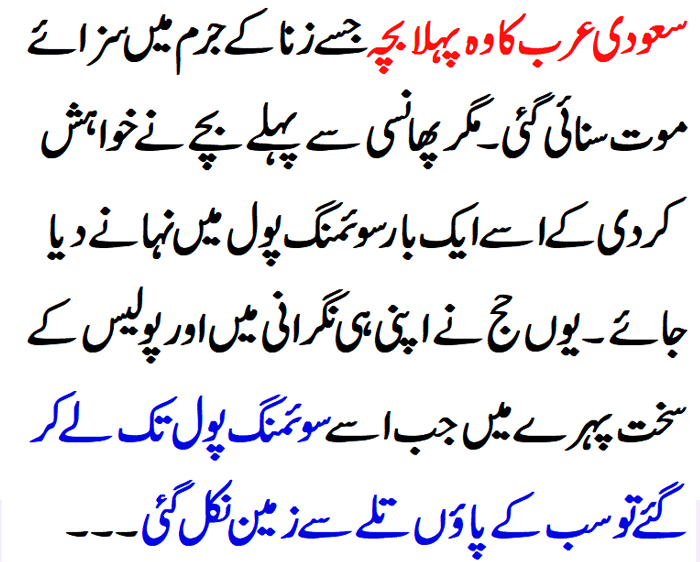
Clogged arteries, medically known as atherosclerosis, occur when fatty deposits, also known as plaque, build up in the walls of arteries. Over time, this can cause the arteries to narrow and restrict blood flow, leading to various serious health issues. Arteries are crucial as they transport oxygen-rich blood from the heart to other body parts. When they become clogged, it can result in life-threatening conditions like heart attacks or strokes.
Recognizing the signs of clogged arteries early is essential for prevention and treatment. Here are ten common signs that may indicate you’re living with clogged arteries.





1. Chest Pain or Angina
One of the most common symptoms of clogged arteries is chest pain, also known as angina. When plaque builds up in the coronary arteries (the arteries supplying blood to the heart), it reduces blood flow, which can lead to discomfort in the chest.
Angina feels like pressure or tightness in the chest and may also spread to the arms, neck, or jaw. It typically occurs during physical exertion or stress and subsides with rest. However, if it becomes frequent or more severe, it’s crucial to seek medical help as it could indicate an impending heart attack.
2. Shortness of Breath
If your arteries are clogged, your heart may not be getting enough oxygen-rich blood, making it harder to pump blood throughout the body. As a result, you may experience shortness of breath, especially during physical activities. Even everyday tasks, like walking or climbing stairs, may leave you feeling out of breath. Persistent breathlessness can be a warning sign that your arteries are narrowing and your heart is struggling to keep up with the body’s demands.
3. Fatigue
Feeling unusually tired or weak could be another indication that you’re dealing with clogged arteries. When the heart isn’t receiving enough oxygenated blood, it can’t pump efficiently, leading to fatigue. You may find yourself feeling constantly drained even after getting plenty of rest or performing simple tasks. This type of exhaustion isn’t related to lifestyle choices like poor sleep or stress, but rather due to your heart working overtime to supply blood through narrowed arteries.
4. Numbness or Weakness in Limbs
Clogged arteries can reduce blood flow to various parts of the body, including the limbs. This can lead to numbness, tingling, or weakness in the arms and legs. These symptoms often indicate peripheral artery disease (PAD), where arteries outside of the heart and brain become narrowed or blocked. People with PAD may notice these symptoms while walking, and they usually go away with rest. However, untreated PAD can lead to more severe complications, such as leg ulcers or infections.
5. Heart Palpitations
Heart palpitations are the sensation of your heart racing, fluttering, or skipping beats. While occasional palpitations may not be a cause for concern, frequent or prolonged episodes can indicate clogged arteries. When the heart doesn’t get enough oxygen due to restricted blood flow, it can trigger irregular heartbeats or arrhythmias. If you experience palpitations alongside other symptoms like chest pain or shortness of breath, it’s important to consult a doctor as it could point to an underlying heart issue.
6. Erectile Dysfunction
Men with clogged arteries may experience erectile dysfunction (ED) as a symptom. Blood flow plays a crucial role in achieving and maintaining an erection, and when arteries become clogged, it can reduce the amount of blood reaching the genital area. ED can be an early indicator of cardiovascular problems, even before more obvious signs like chest pain appear. If you’re experiencing ongoing issues with erectile dysfunction, it may be a sign that your arteries are becoming narrowed.
7. High Blood Pressure
High blood pressure, or hypertension, is often referred to as a “silent killer” because it may not have noticeable symptoms until it’s severe. However, it’s a common sign of clogged arteries. When plaque builds up in the arteries, it makes them less flexible, which forces the heart to work harder to pump blood through the narrowed passageways. Over time, this increases blood pressure. Managing high blood pressure is crucial in preventing further damage to your arteries and heart.
8. Jaw or Throat Pain
Jaw or throat pain, especially during physical exertion or stress, can be another subtle sign of clogged arteries. This type of pain might be mistaken for other conditions, such as a dental issue or sore throat, but it can sometimes indicate reduced blood flow to the heart. The discomfort can spread from the chest to other areas, including the throat, jaw, or even the back. If this type of pain persists or worsens, it’s essential to seek medical advice as it could be a warning sign of heart disease.
9. Cold Hands or Feet
Poor circulation due to clogged arteries can result in cold extremities, such as cold hands or feet. If the arteries that supply blood to these areas are narrowed, you may experience reduced blood flow, which can cause a feeling of coldness. In more advanced cases, this can also result in discoloration or sores on the skin. If you notice that your hands or feet frequently feel cold or are turning pale or bluish, it could indicate a circulation problem caused by blocked arteries.
10. Dizziness or Lightheadedness
Dizziness or feeling lightheaded can occur when there’s reduced blood flow to the brain, which may be caused by clogged arteries. If the arteries supplying blood to the brain become narrowed, it can lead to insufficient oxygen reaching the brain. This can result in dizzy spells or even fainting. Chronic dizziness, especially when accompanied by other symptoms like chest pain or shortness of breath, may indicate a serious cardiovascular issue and should be evaluated by a healthcare provider.
Clogged arteries can pose significant risks to your health, potentially leading to severe conditions like heart attacks or strokes. Understanding and recognizing the signs of clogged arteries early can make a crucial difference. Symptoms like chest pain, shortness of breath, fatigue, and high blood pressure should not be ignored. If you notice any of these warning signs, it’s essential to seek medical attention promptly. By making lifestyle changes, such as eating a healthy diet, exercising regularly, and quitting smoking, you can prevent or slow the progression of atherosclerosis. Early detection and treatment are key to managing and reducing the risks associated with clogged arteries, ensuring a healthier and longer life.






